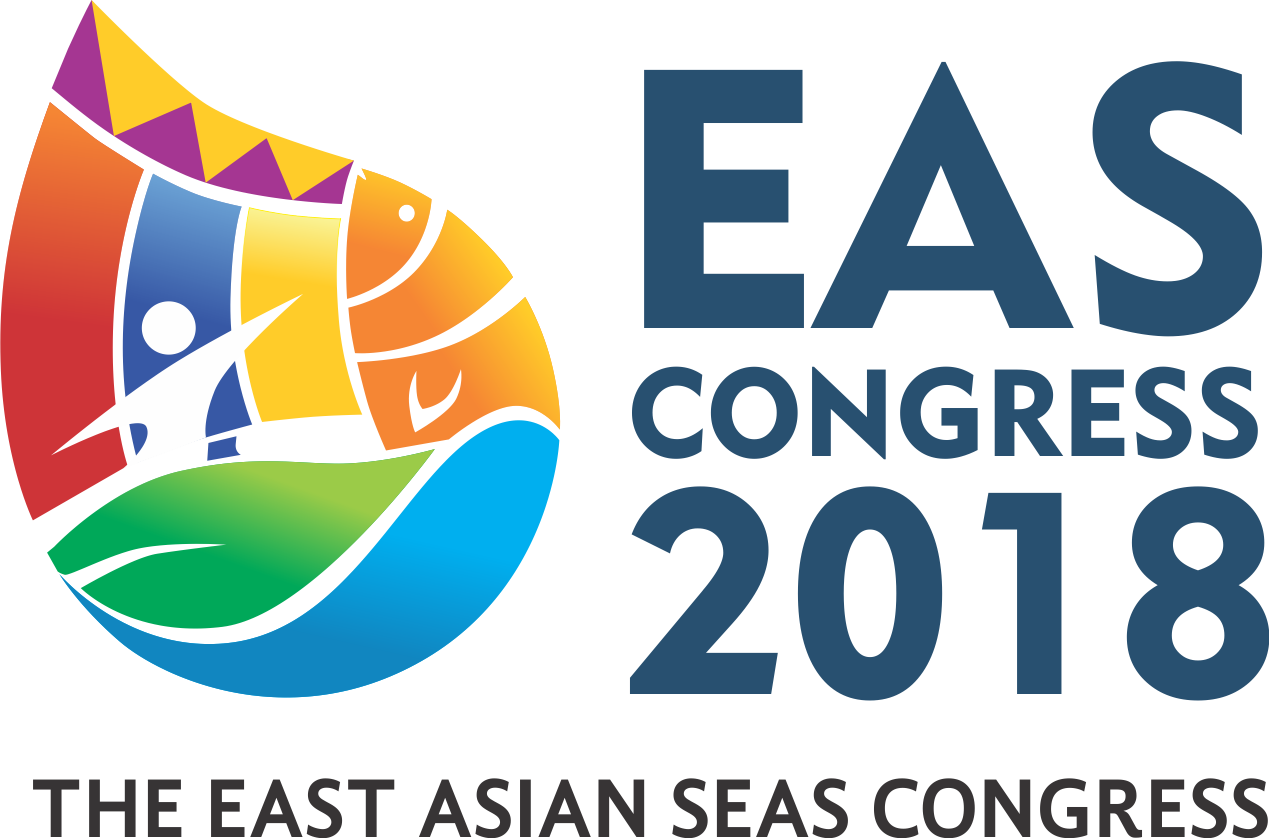ELEVEN countries have affirmed their commitment for the conservation and sustainable development of shared coastal and marine resources, capping a four-day international confab focusing on the Seas of East Asia in Iloilo City.
Over 1,000 environmental ministers, government officials, nongovernment organizations, academe and youth took part in the events, which highlighted the importance of conserving and protecting the Seas of East Asia and the implementation of Integrated Coastal Management (ICM) as a core strategy.
The Iloilo declaration recognizes the significant value and critical contribution of coastal and marine ecosystems goods and services to securing food and jobs, helping to eradicate poverty, and building resilient coastal communities and blue economies in East Asia.
To achieve this, member-nations, including Cambodia, China, Indonesia, Japan, Lao PDR, North Korea, Singapore, South Korea, Timor-Leste, Vietnam and the Philippines—all members Partnership in Environmental Management for Seas of East Asia (Pemsea) that signed the declaration, acknowledged the need to protect coastal and marine ecosystems from the impacts of climate change and other threats, including marine-related disasters, destruction and loss of habitats, and natural coastlines, biodigersity loss, and degradation, and overfishing and lack of food security.
Pemsea is an intergovernmental organization operating in East Asia to foster and sustain healthy and resilient oceans, coasts, communities and economies across the region.
Together with the Department of Environment and Natural Resources (DENR), Pemsea facilitated the ministerial forum chaired by the Philippines and represented by DENR Undersecretary Rodolfo Garcia.
In a news statement, Environment Secretary Roy A. Cimatu highlighted the Seas of East Asia “as the most diverse marine areas in the world.”
However, he said, the Seas of East Asia face severe threats from climate change and densely populated coastal communities.
“The declaration, supported by the respective countries’ plans of action, will ensure that partner- countries will work together in addressing complex issues faced by this region,” he said.
As signatories to the Iloilo declaration, the countries vowed to work together to achieve by 2021 the remaining targets set under the 2015 Da Nang Compact on Integrated Coastal Management coverage of the region’s coastlines and the adoption and implementation of ICM national laws and policies in all countries in the region.
They also agreed to significantly reduce or prevent marine pollution of all kinds, in particular, from land-based and sea-based activities, including marine litter and nutrient pollution.
The Pemsea member-nations committed to implementing adaptation and mitigation strategies to respond to climate change given the urgency and seriousness of its threats to sustainable development in the region.
The signatories also promised to step up the cooperation with regional organizations to achieve the targets under the Sustainable Development Strategy for the Seas of East Asia (SDS-SEA).
“We are determined to continue working together as Pemsea country partners to deliver our common objectives in line with the SDS-SEA and our regional and global commitments,” the Iloilo declaration further stated.
Finally, the countries declared that the biggest threat they face in the region is “ourselves, in the way we live our lives, and the way we manage our resources.”
“We therefore strongly urge everyone to shift towards a mindset of responsible stewardship, and pledge to take bold steps to protect, manage and restore our coasts and oceans for our present and future generations,” they declared.
PEMSEA country partners will engage citizens in East Asia and people’s in other regions to work together in securing a shared vision of healthy oceans, people and economy.
Published in Business Mirror.

